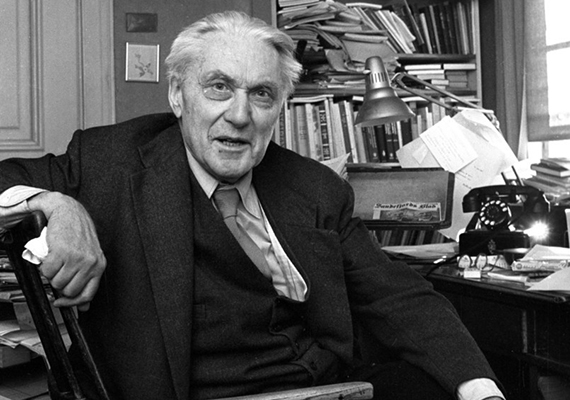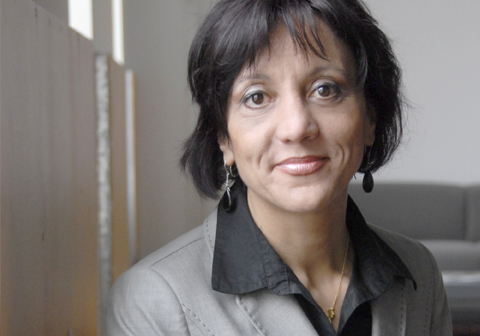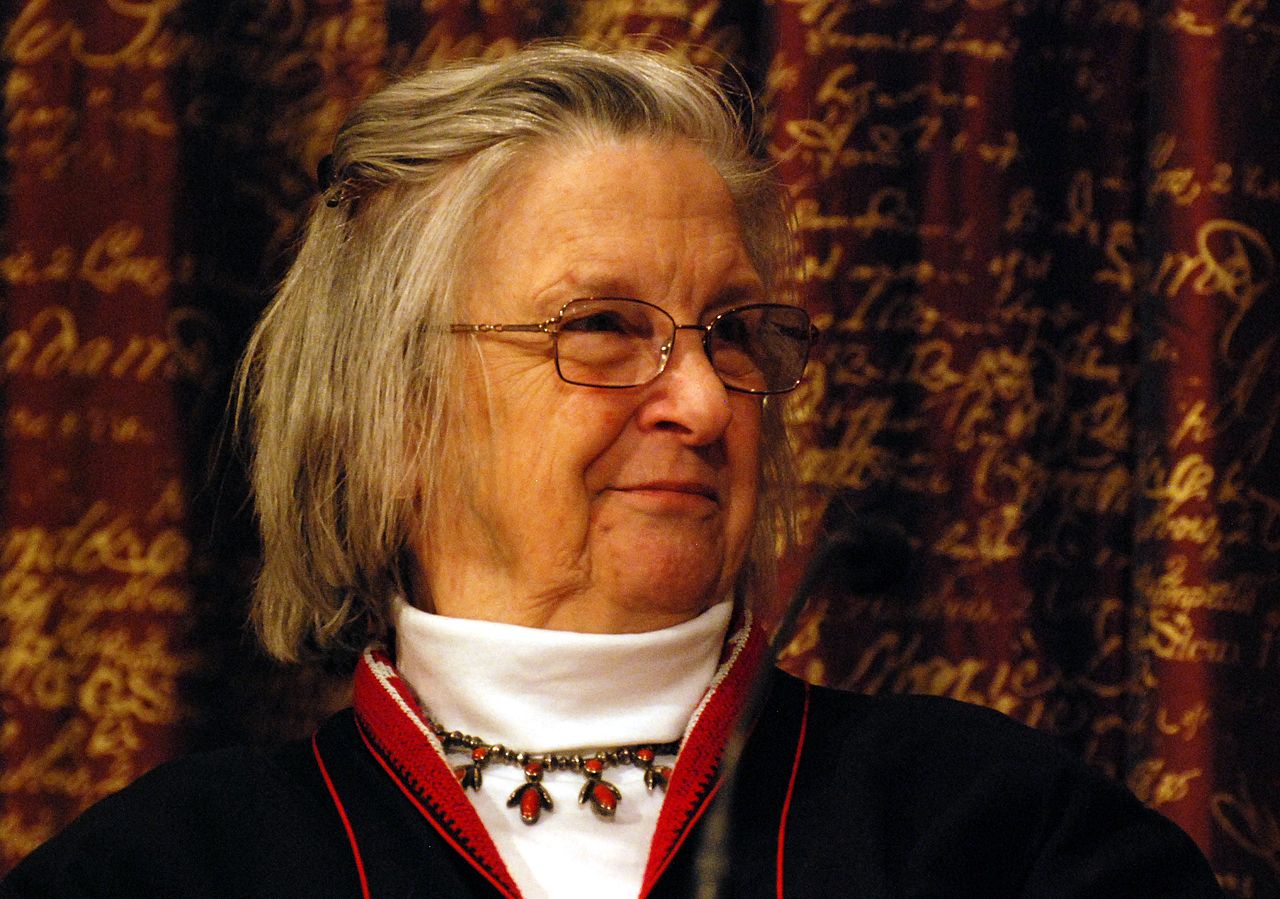
One of the pioneers in the application of quantitative knowledge to economics passed away 43 years ago. Ragnar Frisch coined the term Econometrics and paved the way for eighty years of research. Here we remember the first ever Nobel Prize in Economics.
1 february 2016
Trygve Haavelmo prepared a strictly academic speech for the day he would receive the award in Stockholm. The second Norwegian Nobel Prize in Economics would speak about the relationship between econometrics and the Welfare State, after being acknowledged by the Swedish Academy for his work on «clarifying the probability theory foundations of econometrics and the analyses of simultaneous economic structures»: an appraisal of the origins of the statistical area followed by his rebuttal to the mentioned query: is the field of econometrics a useful instrument for political economy?
But he kept a small anecdote for halfway, a drop of knowledge that he had soaked himself with from his old professor, Ragnar Frisch. He referred to the landmine for economists that was establishing correlations between two factors, exclusively with certain observed data: “(Ragnar) Frisch used to imprint his warnings on this point upon his students by giving the following horrifying illustration: It can be observed that there is a high positive intercorrelation between the number of flies on the western coast of Norway and the number of tourists visiting that region. From this observation it is probably not a very good idea to try to promote tourism by breeding more flies”.
Ragnar Frisch was not only Haavelmo’s mentor: he was the first ever Nobel Prize in Economics and one of the most influential minds of his field in the twentieth century. He established the teaching of economy as a science, insisting on the need for the discipline to follow the same path of theoretical and empirical quantification that revolutionized the field of Physics the century before, and popularised the terms “econometrics” and “macroeconomics”.
After graduating in Economics from the University of Oslo, and two productive research sojourns in Paris and England, Frisch published Sur un problème d’économie pure (1926), where he established the basis of econometrics research as an “intermediary between mathematics, statistics and political economy”. He also published in this time several articles on statistics in time-series, followed by papers that further detailed the econometric methodology and introduced concepts such as dynamic analysis.
In the thirties, after invitations to the United States, first by the Rockefeller Foundation and later from the universities of Yale and Minnesota, he founds – together with fifteen other economists – the Econometric Society, an association that has since been presided by Joseph Schumpeter, John Maynard Keynes or Frisch himself. He will also launch and edit for 20 years the academic journal Econometrica, pioneer in the publishing of articles on econometrics.
For this stage he only abandoned the University of Oslo on brief occasions, where he remained as a professor and researcher until his retirement in 1965. During the war he was jailed by the German occupation, between October 1943 and the same month in 1944. In 1969 he shared the first Nobel Prize in Economics with Jan Tinbergen, for their work together on dynamic models. Before that, he saw his work recognised by the Accademia Nazionale dei Lincei.
Frisch died in January 31st in his native Oslo, leaving behind a difficultly quantifiable legacy. Eighty years of work can trace their origin back mainly to the mind of this bee-keeping enthusiast, pioneer of quantitative studies.
Further reading:
The work of Ragnar Frisch, Econometrician – Econometrica, April 1960
From Utopian Theory to Practical Applications: The Case of Econometrics –Ragnar Frisch











